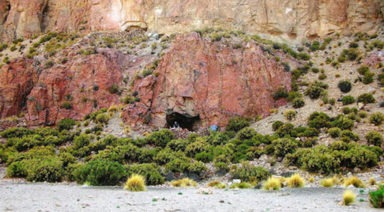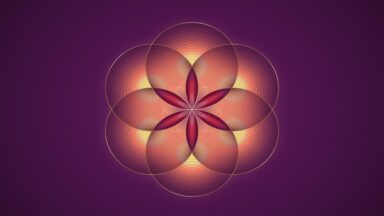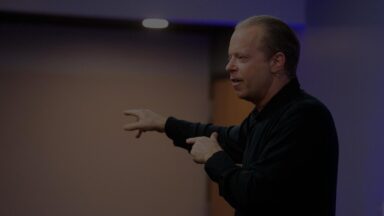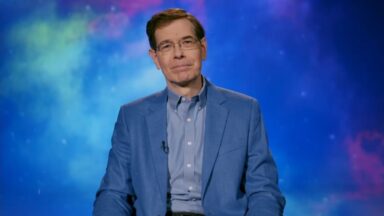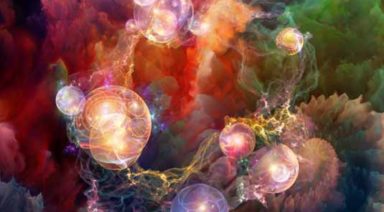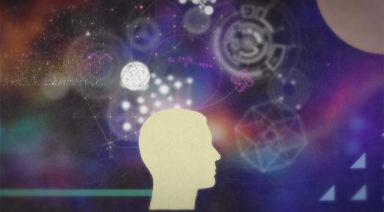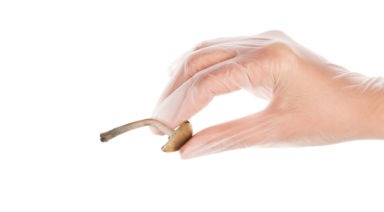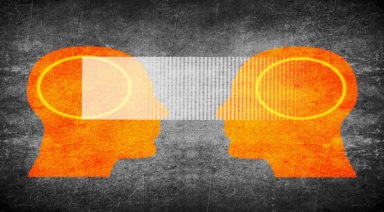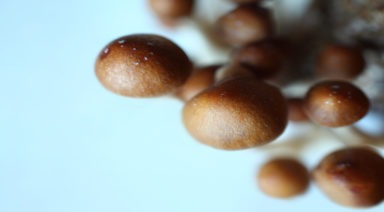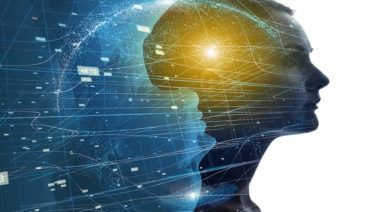Brain Scans of Shamans Show Ability to Alter Consciousness Naturally
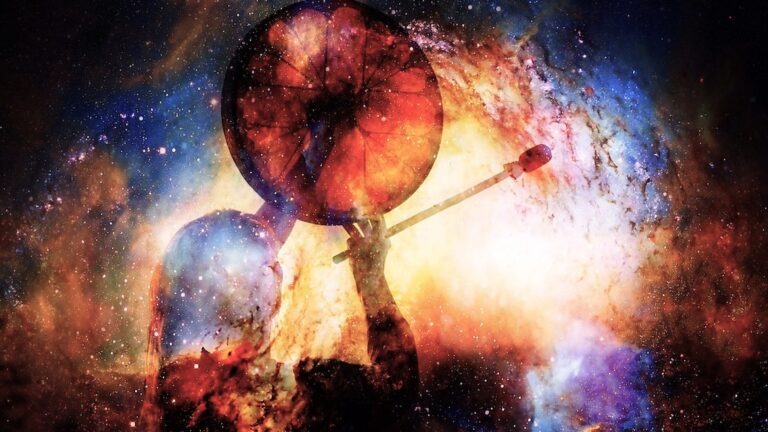
A new study is the first to investigate what occurs in an alternate state of consciousness by looking inside the brain of a shaman.
Shamanism is considered to be the most ancient form of healing and spiritual practice. While science has been studying the healing benefits of the psychoactive plants used by shamans to enter into an altered state of consciousness, there have been very few studies to look at the neurological nature of the state itself. A groundbreaking new study investigated the shamanic state of consciousness accessed without the use of psychedelics.
Carlos Tanner is a longtime student of traditional shamanism and the director of the Ayahuasca Foundation. an educational and ceremonial center in Peru. “Shamanism refers to an alternate dimension, a dimension where spirits reside, where communication is possible, where greater insights can be acquired and brought back to the waking-day life,” Tanner said. “So a shaman would be someone who can enter into a different dimension and then pull that back.”
The process by which shamans access this state is rooted in the rich tradition of what Tanner calls, a ‘science of consciousness enhancement.’
“Oftentimes, there is the term ‘ceremony’ to describe the intentional entrance into this shamanic state. So there would be a preparation where there might be rituals to essentially prepare, certain clothing might be worn, and the use of certain tools, oftentimes a musical instrument, might be used,” Tanner said.
“All of those are a beautiful science of consciousness enhancement that, I think, has been developed through the continual use of a psychotropic substance, although to a point where, in many cases, the psychotropic substance is no longer needed to enter that state because the consciousness enhancement that was provided by the psychotropic substance can be accomplished without it.”
Richard Harris Ph.D. is a researcher at the University of Michigan who conducted the recent study on the shamanic state of consciousness. Dr. Harris and his team were interested in investigating this state in its purest form, unaffected neurologically by the use of any exogenous substances. To facilitate the entrance into the altered state without the use of psychedelics, the practitioners all listened to a recording of shamanic drumming.
“So, we did a study with 24 shamanic practitioners and 24 normal, control individuals and we collected EEG data (electroencephalogram data), you know brain activity data, while each participant had their eyes closed while they were listening to classical music which was the control condition, and then while they were listening to shamanic drumming music which was the more experimental condition,” Dr. Harris said. “So, what we’re doing with the shamanic drumming, we’re using the person’s own physiology to engender the state.”
In addition, researchers compared the brain scans of the shamanic practitioners in this study, to scans of participants on psychedelics in other studies.
“We found key differences between entering the shamanic state of consciousness and altered states engendered by things like psilocybin, ketamine, and MDMA,” Dr. Harris said. “It’s important to know that, even though phenomenologically there are some differences in the experience, like out-of-body, spiritual, blissful states—some of those experiences are the same—but the underlying neurobiology is different.”
Specifically, the researchers found increases in gamma brainwave activity in shamanic practitioners not on psychedelics, without the typical decrease in alpha brainwave activity seen in those on psychedelics. Just what are the implications of these findings?
“That’s kind of what it’s showing is, that shamanic state of consciousness, you can get there without taking a drug. I think that’s important for the average person and that might give them more insight into how they tick,” Dr. Harris said.
Psychedelic Experiences Neurologically Mimic Near-Death Experiences
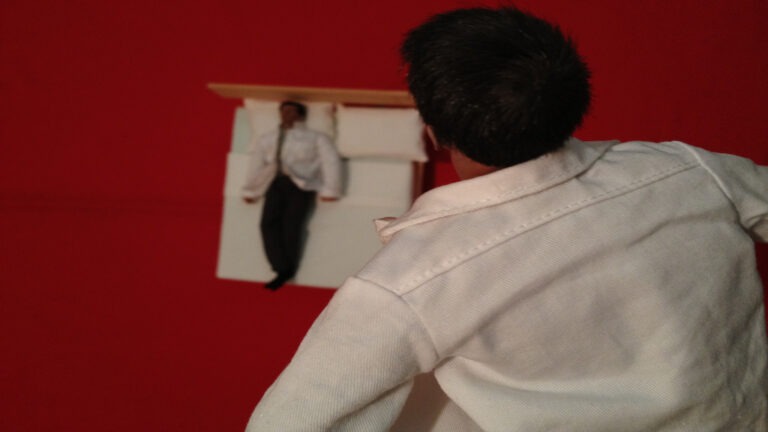
Research suggests the psychedelic trip is remarkably similar to a Near-Death Experience and has been noted for decades. Now, research into the neural activity experienced while under the influence of psychedelics, is providing valuable context for the commonalities.
Dr. Eben Alexander is a neurosurgeon who experienced an NDE in 2008 and has since been studying the phenomenon and sharing his findings in a number of bestselling books.
“This research with psychedelics has been so fascinating,” Alexander said. “Not only does it show that the brain goes dark under the influence of such substances, they actually showed this beautiful inverse correlation between the amount of turning off and dissolution of the Default-Mode Network, as demonstrated on fMRI, with a degree of liberation of consciousness away from the ego into these unfettered realms of transcendental and paranormal experience. It shows us in a very concrete fashion that the brain activity is not actually causing all of this to happen, but it’s more the brain getting out of the way.”
Researcher Dr. Rick Strassman was the first to rigorously study the overlap between the psychedelic experience and the NDE. The commonalities are quite significant.
“It’s all about entering new realms, I mean, entire immersive experiences — worlds that are different from our material realm. That is a very common theme in those drug experiences as well as in near-death experiences. There’s also this extraordinary world of beings, entities, guides, of intelligences. It’s showing this incredible unification, a sense of being, and a binding force of love through these experiences. So, there’s a commonality of lesson and transformation,” Alexander said.




